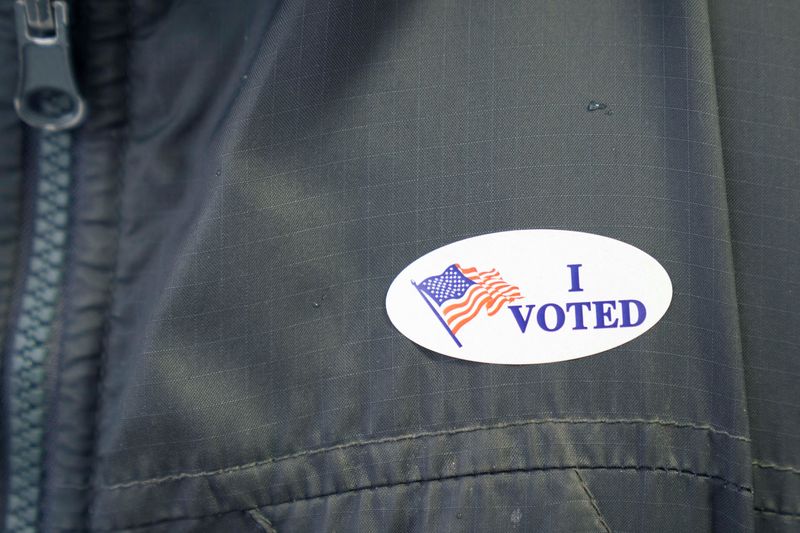By Daniel Wiessner
(Reuters) - Nebraska's top state court on Wednesday upheld a state law allowing felons who have completed their sentences to vote, enabling thousands more people to cast ballots in the Nov. 5 U.S. presidential election.
The Nebraska Supreme Court rejected claims by Secretary of State Robert Evnen, a Republican, that the law passed in April violated the state constitution and ordered him to implement it immediately.
Two Nebraskans with felony records, represented by the American Civil Liberties Union, had sued Evnen after he announced in July he was directing election officials to refuse to register felons to vote. Before the new law was adopted, Nebraska for two decades had allowed felons to vote two years after completing their sentences.
Evnen at the time cited an opinion by Nebraska Attorney General Mike Hilgers, a Republican, that said the state's Board of Pardons, not its legislature, had exclusive power to restore felons' voting rights.
The seven-member court on Wednesday disagreed, with some of the judges criticizing Evnen for not enforcing state law.
"Do we want to live in a world where every state employee who has a hunch a statute is flawed gets to ignore it?" Justice Lindsey Miller-Lerman wrote in a concurring opinion.
Evnen said in a statement his office would comply with the decision and had already directed election officials to begin allowing felons to register to vote.
Jonathan Topaz, a lawyer with the ACLU, said Evnen's conduct had threatened to deprive thousands of people of their right to vote.
"We are grateful the Nebraska Supreme Court invalidated this lawless attempt to reinstate permanent felony disenfranchisement," Topaz said in a statement.
About half of U.S. states prohibit felons from voting either indefinitely or for a set period of time after they have served their sentences. Critics of the practice say it unfairly disenfranchises people with criminal records and disproportionately affects Black and Latino people who are more likely to be incarcerated.
Nebraska only has five electoral votes in the presidential election but can play an important role because unlike every other state except Maine, it divides those votes among geographic districts.
In an election expected to be among the closest in U.S. history, the district that includes Omaha, Nebraska's largest city, could end up serving as a tiebreaker depending on how the candidates do in the battleground states.

Minnesota's top court in August upheld a law signed last year by Governor Tim Walz, the Democratic vice presidential candidate, similar to the one adopted by Nebraska.
A few weeks earlier, a federal appeals court rejected a challenge to Mississippi's lifetime ban on voting for people convicted of certain felonies, saying the policy was not a form of cruel and unusual punishment.
